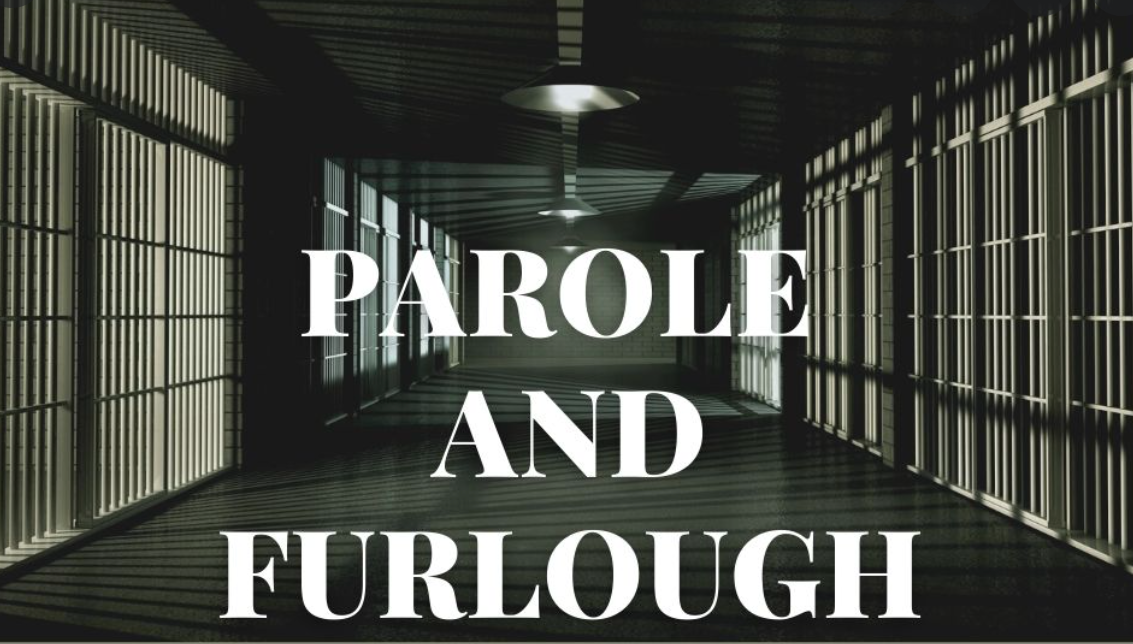Furlough and Parole in Indian Law
Furlough and parole are two legal terms related to the temporary release of prisoners in India. They serve different purposes and are governed by distinct rules. Recently, the Delhi High Court has been examining the Delhi prison rules regarding furlough, particularly in cases where a convict’s appeal is pending. This scrutiny marks the complexities surrounding these legal provisions.
Definitions of Furlough and Parole
- Furlough is a temporary release from prison while the sentence continues. For example, if a convict is serving a ten-year term, a 30-day furlough means they will still serve 9 years and 11 months after returning.
- Parole, however, suspends the sentence. The convict is released for a specific reason, such as family emergencies or legal appeals.
Authority and Conditions
- Furlough is granted by the Deputy Inspector General of Prisons, while parole is issued by the Divisional Commissioner.
- Both are conditional releases based on good behaviour.
- Furlough is typically for long-term prisoners to help maintain social ties.
- In contrast, parole is often granted for short-term reasons and can happen multiple times.
Delhi Prison Rules 2018
The Delhi Prison Rules of 2018 outline the conditions for granting furlough and parole. Notably, Rule 1224 states that if a convict’s appeal is pending in the High Court, furlough cannot be granted. This rule is currently under challenge in the Delhi High Court, raising questions about its constitutionality.
Constitutional Challenges
The Delhi High Court is assessing whether the rule violates Articles 14 and 21 of the Constitution of India. Article 14 ensures the right to equality, while Article 21 guarantees the right to life and liberty. The court will determine if denying furlough due to a pending appeal contradicts the reformative approach of the justice system.
Historical Context
The case of KM Nanavati in 1959 is a landmark example in this context. After being convicted, his sentence was suspended by the Governor. However, the Supreme Court ruled that such power cannot be exercised when the case is subjudice, affirming the authority of the judiciary over executive powers.
Current Practices Across States
It is not uncommon for various states in India to deny furlough during the pendency of an appeal. Legal authorities have indicated that many states follow this practice, suggesting that convicts should seek orders from the High Court instead of relying on executive decisions.
Month: Current Affairs - February, 2025
Category: Legal & Constitution Current Affairs








